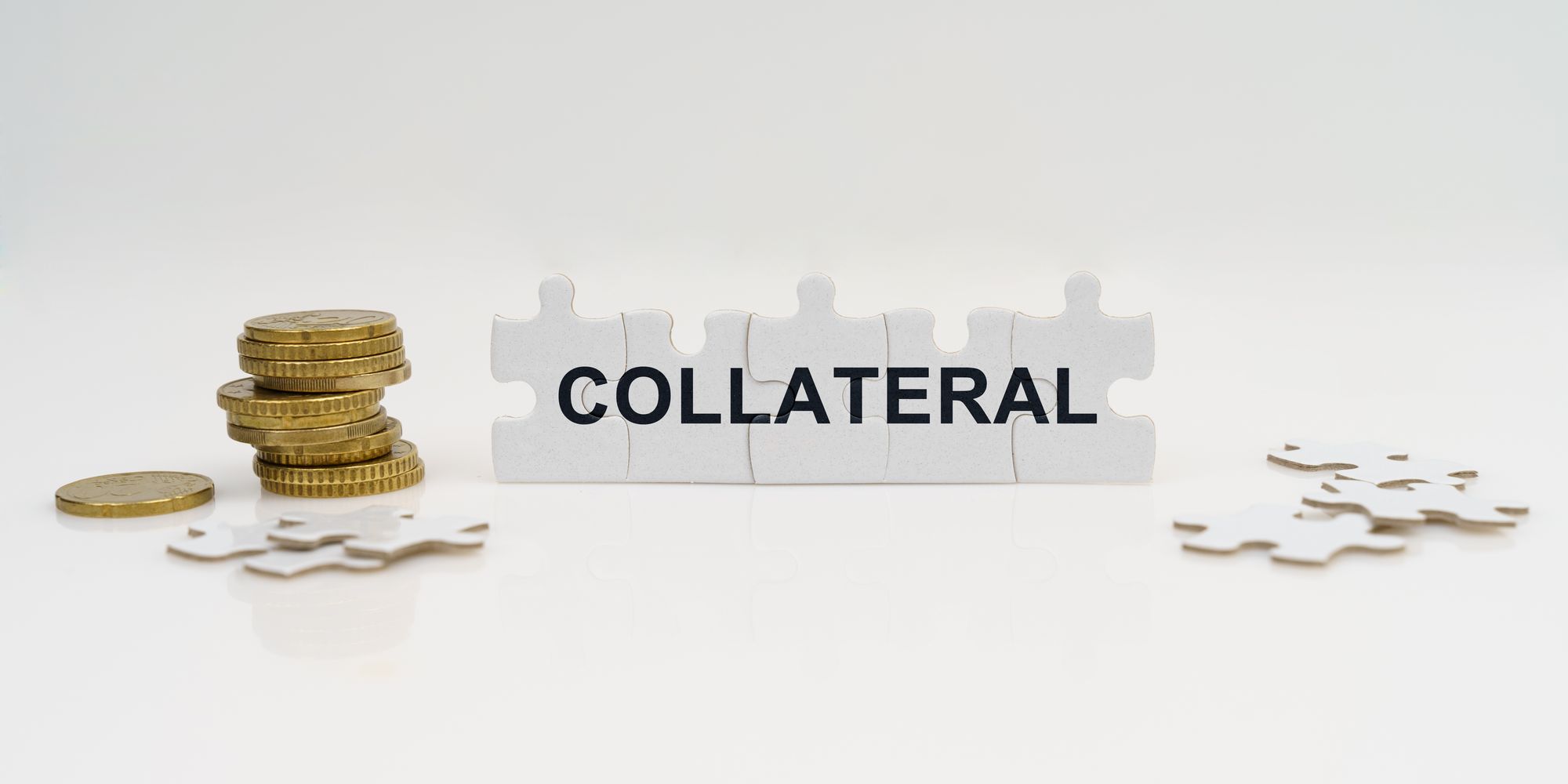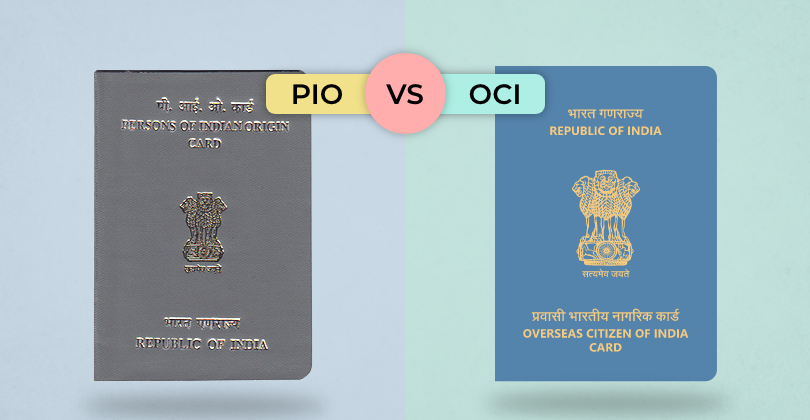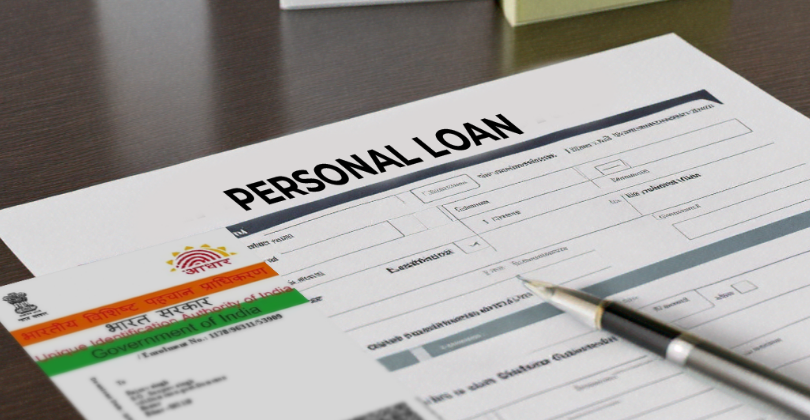Are you of Indian origin and living abroad? You've probably come across terms like PIO and OCI. These cards offer different benefits, but it can
If you ever find yourself in need of funds, taking a loan is one of the most viable options available. You can borrow the amount you need and repay it in EMIs over time. While there are several different options available, there are 2 main kinds of loans that you can choose from, secured loans and unsecured loans.
Secured loans require a kind of security or collateral against which you can take a loan. Common securities used can include gold, vehicles, property, investments and more. The value of the security or the collateral should be good enough for the amount of funds you are borrowing.
Unsecured loans are a lot more convenient and are usually disbursed as a kind of personal loan. They are collateral-free loans that require basic information about you, along with your credit score and income details. These personal loans are disbursed without any collateral from the borrower.
What is a Collateral Loan?
A collateral loan or a ‘loan against anything’ requires the borrower to put something up as collateral. The item that the loan is against is usually worth as much or more than the loan amount disbursed. For example, If you need a loan of ₹3 lakh, you can put up your bike as collateral. If the bike is worth ₹3 lakh or more, the loan disbursed will be against the bike. This means that if you fail to repay the loan of ₹3 lakh, the ownership of the collateral (the bike in this case) will be transferred over to the bank or lender. This gives the lender proper security that they will get their money back even if the borrower defaults on the loan completely.
Types of Collateral Loans
There are many different kinds of collateral loans available on the market. Some of the most common types include:
Here, you can put up securities or investments and get a loan against them. For example, you can stake your mutual fund units, shares, bonds and various other kinds of securities.
Loan against PropertyA loan against property is one of the best options available. You can get your funds against a residential or commercial property and enjoy considerably lower interest rates. This is because real estate is a very secure and stable asset for any lender.
Loan against GoldGold is also a very stable asset for a lender to consider. You can easily get a loan from a number of lenders by pledging your gold assets. It is a very viable security.
Loan against FDA loan against your FD is a very smart and sensible way to procure the funds you need. You can get a high value loan based on the value of your FD and repay it over time. This will ensure that you get your funds without breaking your FD or paying any penalty charges on it.
Machinery LoanMachinery loans allow you to take a loan and provide factory or industrial machinery as collateral security. This is mostly used by business people who need funds urgently but do not wish to use their personal assets or belongings as collateral for the loan.
How Does a Collateral Loan Work?
A collateral loan gives the lender a real sense of security, they will sanction the loan only when they are positive that they will get their money back without any hassles. Pledging any kind of collateral or security greatly mitigates the risk involved for the lender. They can be assured that they will receive the loan amount back when the value of the collateral is close to the value of the loan amount sanctioned.
Types of Loans that Need Collateral
Mortgage LoansLoans for mortgages usually consider the house or property involved as the collateral. This allows the borrower to keep ownership of the property and pay the loan off over time.
Secured personal loanSecured personal loans are loans that can be taken for unspecified reasons, the borrower can still pledge a kind of collateral to assure the lender that they will get their money back.
Car loansJust like mortgage loans, car loans or vehicle loans allow the borrower to maintain ownership of the vehicle but put it up as collateral until the loan is paid off in its entirety.
Pros of Collateral Loans
- A collateral loan will help you get funds even if your credit score is low
- People who have a low credit score can use a collateral loan to demonstrate proper repayment and build up their credit score
- Collateral loans are more likely to charge lower interest rates
- Your credit limit is likely to go up exponentially depending on the asset pledged as collateral
Cons of Collateral Loans
- You could lose the asset pledged as collateral if you default on your loan
- There is a more complicated application process that can even involve an appraisal
- In most cases, the loan amount can only be used to pay for the item used as collateral. Eg: Home loan, car loan, etc.
You can get your collateral loans from banks, credit unions, online lenders, auto-dealerships, and even pawn shops. Ensure that the lender is legitimate and always capable of handling the asset you are putting up for collateral. Make sure that your source is as official as possible.
Examples of Assets used as Collateral
- Vehicles
- Property or Houses
- Industrial machinery
- Insurance policies
- Securities like stocks, shares, bonds, and mutual funds
- Valuables, collectibles, and jewellery
Conclusion:
In short, getting a collateral loan often comes with more advantages than disadvantages, especially if you are capable of making timely repayments. Collateral free loans might charge higher interest rates while putting your asset up as a security gives you a higher credit limit with much better interest rates.
While making the choice, it’s important to weigh your priorities against each other and make sure you do what’s best for you and your assets in the long run. Find an official lender who will judge the quality of your asset correctly and make your payments consistently on time, this will help you build up your credit score as well.
AUTHOR
KreditBee As a market leader in the Fintech industry, we strive to bring you the best information to help you manage finances better. These blogs aim to make complicated monetary matters a whole lot simpler.







